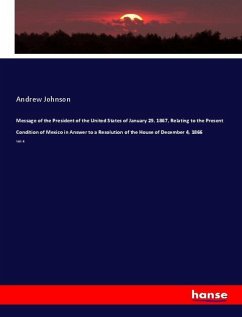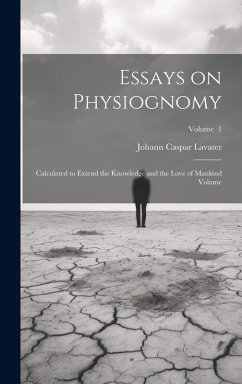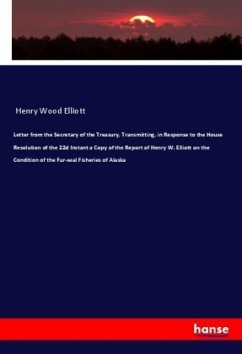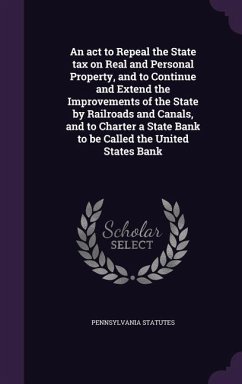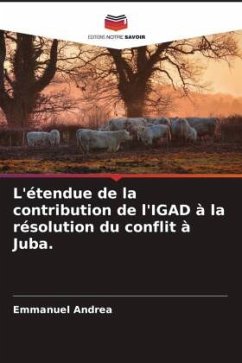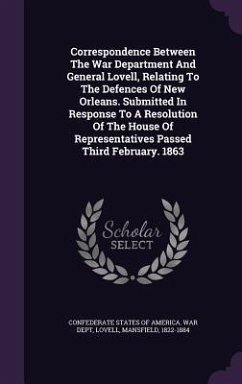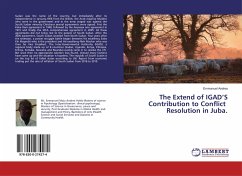
The Extend of IGAD'S Contribution to Conflict Resolution in Juba.
Versandkostenfrei!
Versandfertig in 6-10 Tagen
36,99 €
inkl. MwSt.

PAYBACK Punkte
18 °P sammeln!
Sudan was the name of the country, but immediately after its independence in January,1956 from the British, the Arab majority Muslims who were in the government and in the army waged war against the South Sudan minority Christians several agreements were signed. First the Koka Dam agreement in 1948, followed by the Anyanya one agreement in 1972 and finally the SPLA comprehensive agreement in 2005. All these agreements did not bring rest to the people of South Sudan. After the 2005 agreement, South Sudan seceded from North Sudan. Four years after the secession, a power struggle battle began bet...
Sudan was the name of the country, but immediately after its independence in January,1956 from the British, the Arab majority Muslims who were in the government and in the army waged war against the South Sudan minority Christians several agreements were signed. First the Koka Dam agreement in 1948, followed by the Anyanya one agreement in 1972 and finally the SPLA comprehensive agreement in 2005. All these agreements did not bring rest to the people of South Sudan. After the 2005 agreement, South Sudan seceded from North Sudan. Four years after the secession, a power struggle battle began between His excellency Salva Kiir Mayardit who is the president and His excellency Riek Machar who was then his Vice President. The Inter-Governmental Authority (IGAD), a regional body made up of 8 countries (Sudan, Uganda, Kenya, Ethiopia, Eritrea, Somalia, Tanzania and Rwanda) quickly came in to resolve the rift. But since then no appropriate solution was found, instead many factions have come up and the situation is hopeless. The republic of South Sudan is on the top list of failed states according to UN. Report from economic trading put the rate of inflation of South Sudan from 2016 to 2019.



